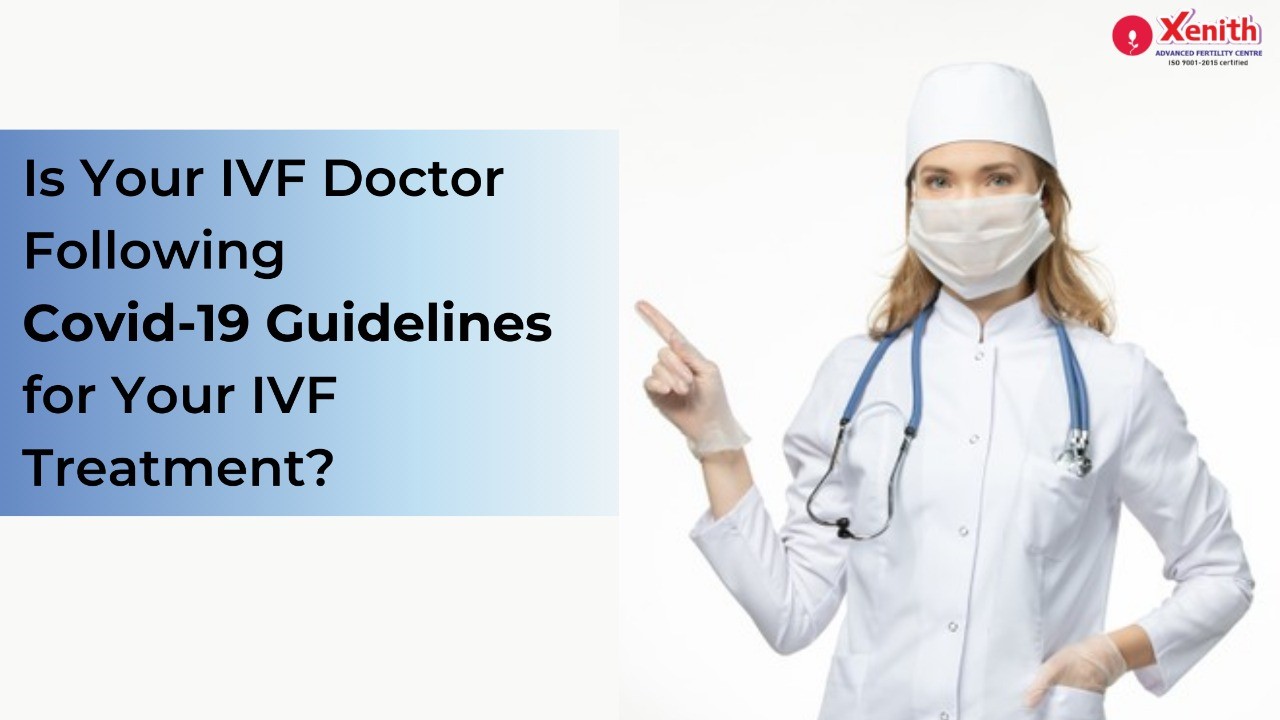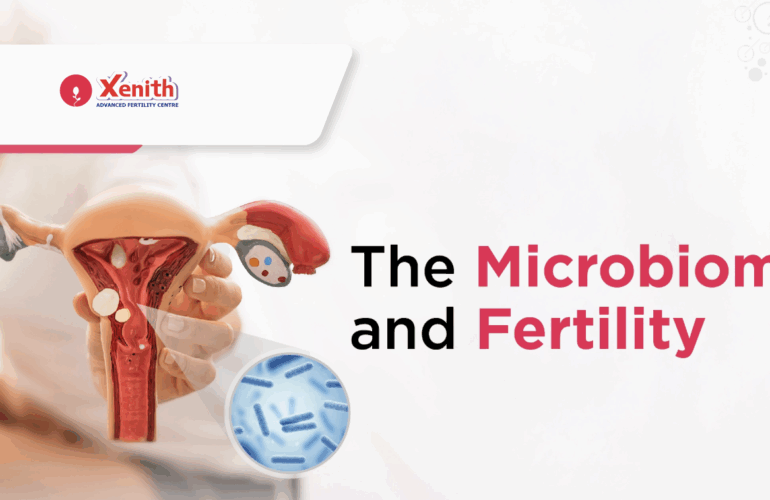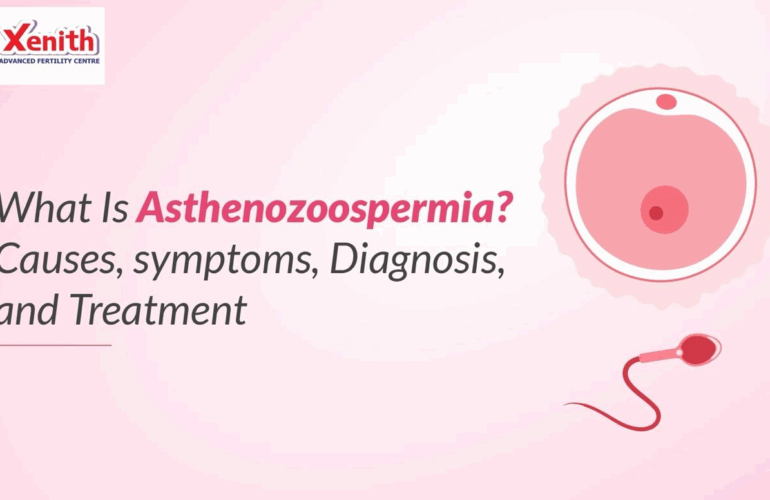Is Your IVF Doctor Following Covid-19 Guidelines For Your IVF Treatment?
After the Government declaring Assisted Reproductive Technology as an essential service during the Covid-19 pandemic, IVF clinics across India began to gradually resume treatment. Considering the rapid spread of the pandemic, there is need to proceed with utmost caution. For the safety of patients and the ART staff, the Indian Council of Medical Research (ICMR) Department of Health Research Ministry of Health and Family Welfare, Government of India has set guidelines for ART centers across the country.
We understand that you may be anxious about resuming your IVF cycle or beginning one. You may also have questions about the Covid-19 infection and its effect on the IVF cycle and pregnancy. Couples should recognize that this disease has taken the world by surprise and from the limited studies that have been conducted so far there is no evidence to suggest that being pregnant can put you at a higher risk of developing a more severe form of the disease. There is also no evidence that Covid-19 will have adverse pregnancy outcomes.

Free Thursday Consultation
Book Your AppointmentThis article will provide highlights of the safety protocols and advisories for fertility clinics set by the ICMR. We share this information to reassure couples that safety standards are in place and how contracting Covid-19 during any stage of the IVF may impact the continuity of your cycle.
Step 1: Patient education and counseling
All patients receive education on how Covid-19 spreads and how patients can minimize risk of contracting it. You will be informed about situations that would require you to wear Personal Protective Equipment (PPE), how to use it and future possibilities where we may need to discontinue treatment if there is a clinical situation that puts the patient in a high-risk Covid category. As per government requirements, couples who would like to make an informed decision to go ahead with ART need to sign a consent form. Patients who have pre-existing diseases such as diabetes or hypertension may need to get clearance from the concerned specialists.
Step 2: The ART risk assessment triage questionnaire
Two weeks before the commencement of ART, patients will be required to fill out an ART risk assessment triage questionnaire. If you are suspected of having Covid, we will ask you to get an RT-PCR test done. If you have recovered from a Covid-19 infection you will need to provide us with a medical certificate from your doctor. If you have recovered from a severe Covid-19 attack and were put on respiratory support you will need to provide a clearance certificate from your physician.
You will be advised to answer the ART triage questionnaire prior to every clinic visit. If at any time during the stage of treatment, a patient develops symptoms suggestive of Covid-19, treatment will resume only after a Covid-19 negative test is reported. In case a patient develops Covid-10 after the oocyte retrieval but prior to embryo transfer, couples will be advised to freeze all their embryos for future use.
Step 3: Within a week before commencing treatment
All patients are required to get Covid RT-PCR test done within a week before starting treatment. If it is positive, you will be advised to begin treatment only after you have fully recovered. Before the start of ovarian stimulation, the patient and her spouse, as well as potential donors should self-isolate themselves until the procedure is completed.
Step 4: Actions based on ART triage questionnaire
Based on the information in your ART triage questionnaire we will take the following actions:
Group 1 is the low-risk category.
Action: Both partners will need to get an RT-PCR test done before start ART treatment and before oocyte retrieval or HCG trigger. If the test is negative, treatment can begin.
Group 2 are patients who have recovered from Covid-19 and have certified medical evidence.
Action: Both partners will need to get an RT-PCR test done before start ART treatment and before oocyte retrieval or HCG trigger. If the test is negative, treatment can begin.
Group 3 are patients (either partner) who are suspected to have Covid-19 before starting ovarian stimulation for IUI/IVF.
Action: The triage will be repeated at the beginning of the ovarian stimulation cycle. Both partners will need to get an RT-PCR test done before start ART treatment. If the test is negative, treatment can begin.
Group 4 are patients who develop Covid-19 symptoms during the ovarian stimulation in IUI/IVF cycle.
Action: The patient will be advised to perform a RT-PCR test before further treatment like oocyte retrieval or HCG trigger. If the test is negative, treatment can continue. If it is positive, the patient will be advised to postpone treatment and cancel the ovarian stimulation cycle.
Group 5 are patients who develop symptoms after oocyte retrieval in IVF cycle.
Action: Patients will be advised to perform RT-PCR test and may continue treatment only if it is negative. Patients testing positive will be advised to postpone treatment and freeze all their embryos for future use.
Other Guidelines for IVF clinics to minimize risk of Covid-19
- Apart from routine sanitization and temperature checking specific staff training is conducted to reinforce Covid-19 precautions.
- All staff to follow protocol while at clinic and continue to maintain personal safety at all times.
- Modification of IVF clinic to enable safe physical distancing with respect to patient reception, waiting areas, consultation and clinical rooms, embryology lab, rooms for ultrasonography, administrative offices, etc.
- Limiting the number of staff and patients simultaneously present in the clinic.
- Diagnostic procedures such as hormonal assays, semen analysis, saline sonography (SSG), office hysteroscopy, laparoscopy, etc. shall be performed only on negative RT-PCR tests.
- Covid safety protocols in Lab implemented
If you have any questions about the safety of IVF treatment during the Covid-19 pandemic, please consult with us at Xenith Advanced Fertility Clinic. We would be more than happy to answer your questions and relieve any doubts you may have. For the safety of our patients and our staff, Xenith Advanced Fertility Clinic stringently follows the guidelines that have been set by the Government of India.




